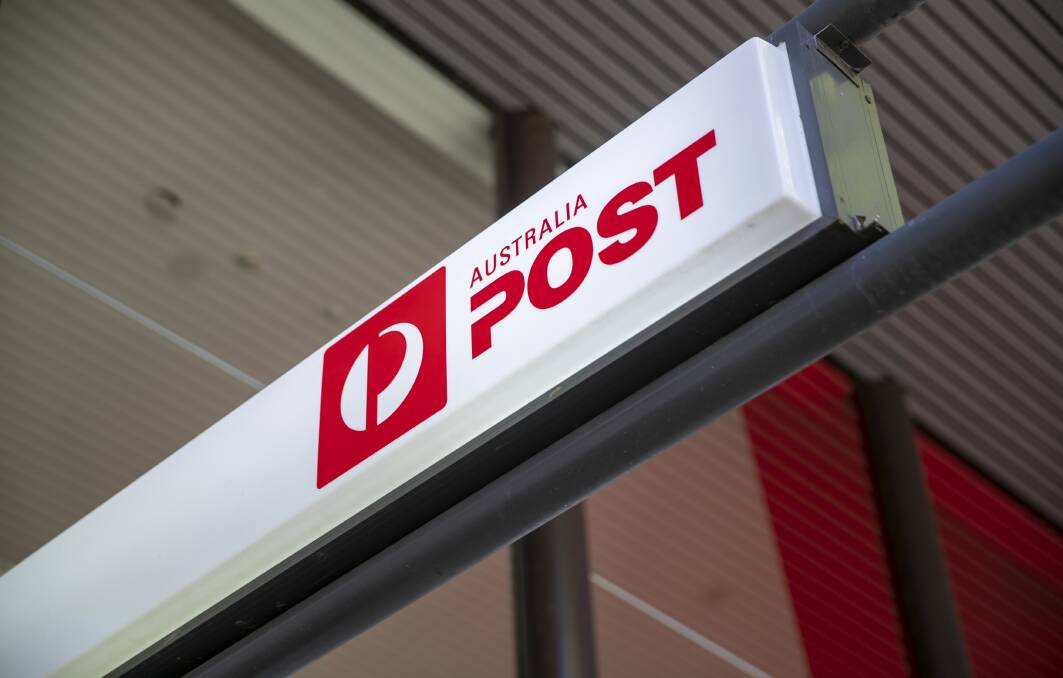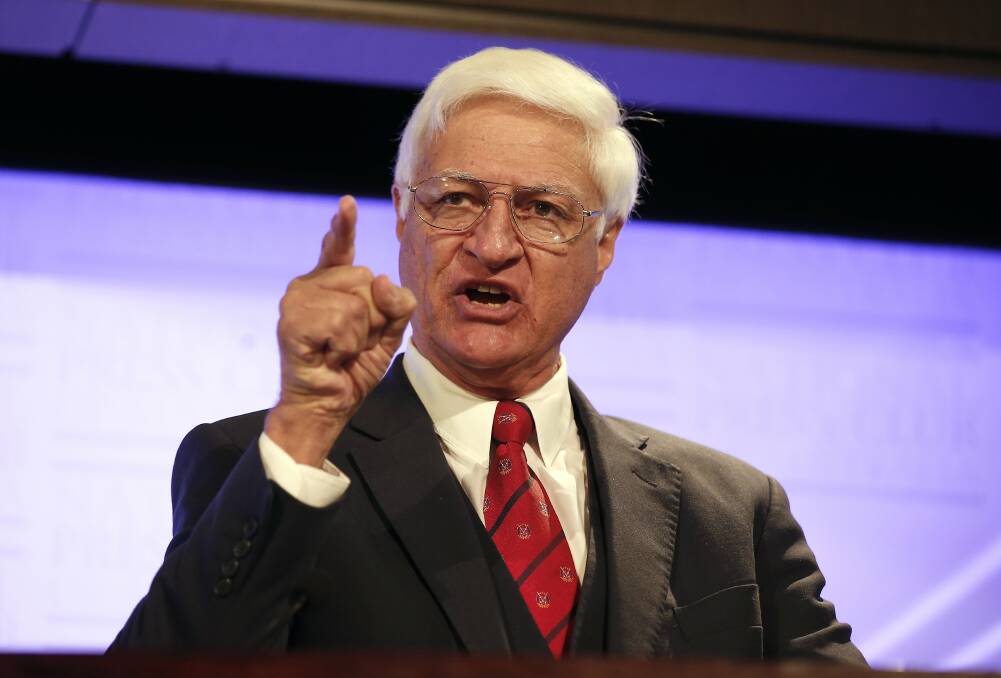
In highly corporatised Japan, an odd and unusual phenomenon exists within its finance sector.
Subscribe now for unlimited access.
or signup to continue reading
It's called the Japan Post Bank; a government-run banking system based within the country's 24,000 post offices and for over 147 years, one of the largest, most stable and respected financial institutions in the world.
Funded principally by its private depositors - members of the community, who are to all intents and purposes its shareholders - the bank offers a variety of financial products, including deposit accounts, credit cards and loans, investment products, time deposits, and pension accounts, and since 2019 has has a smartphone-connected payment service.
It's an entity of particular importance to those living in rural Japan where the local post office - as in Australia, where privately-owned banks are closing down local branches every month - remains the only readily accessible agency for everyday financial transactions.
Across the Tasman, a similar banking concept operates known as Kiwi Bank. It was founded around two decades ago and, like Japan Post Bank, is largely owned by the government. It is a modest enterprise by the standards of the industry's heavy hitters but serves its customers well and is steeped in a culture of corporate social responsibility.
Within five years of opening, Kiwibank had more than 500,000 customers (out of a population of 4 million) and quickly became one of New Zealand's most trusted banks. Similar concepts operate in other countries, such as the Banque Postal in France, Post-Finance in Switzerland and Banco-Posta in Italy.
Two years ago, a discussion paper was released by the Labor-affiliated public policy think tank Per Capita, making the case for the creation of a public bank in Australia with a social mandate.
It was based on the concept that banking, much like health care and education, was an essential service. It proposed a customer-focused model which operated within the existing infrastructure footprint of Australia Post outlets nation-wide, providing banking services to those - mostly outside capital cities - who are currently underserviced by the existing banking sector.

The concept had the support of former Australia Post CEO Christine Holgate after she had inspected postal banking operations in countries like France, Switzerland, and India. Ms Holgate now runs Toll Global Express, the private company which directly rivals Australia Post.
The lessons of history are often forgotten but Australia once had a similar financial cornerstone known as the Commonwealth Bank.
It was government-owned and founded under a special act of Parliament in 1911 by the then-Labor government led by Andrew Fisher and for decades provided a level of service and stability in the banking sector which underpinned Australia's national prosperity.
However, in the rush to privatisation in the early 1990s, the Commonwealth Bank progressively fell into corporate hands. It is now one of the so-called Big Four of corporate banking in Australia, earning billions of dollars in profits.
And with those big profits came a surfeit of greed and financial manipulation.
Fast forward to 2019 and that corporate greed writ large was exposed by the extensive findings of the Banking Royal Commission.
At the conclusion of the federal inquiry into misconduct into the banking and finance industry, High Court justice and Royal Commissioner Kenneth Hayne declared that it was time to overhaul Australia's financial services sector.
In his summation, Commissioner Hayne said that "saying sorry and promising not to do it again has not prevented recurrence [of malpractice by the banks]".
Truth spoke to power and the lack of accountability by the big banks, their simply awful treatment of customers living in rural and remote areas, and their manipulation of their financial clout was publicly exposed.
A raft of CBA directors sniffed the wind early as the commission began investigations and bailed out.
In the aftermath, Justice Hayne referred to regulators a long list of companies for possible criminal or civil action. The 24 companies included Suncorp, ANZ, NAB, CommInsure, Allianz, AMP and ClearView.
Shortly after the report came out, National Australia Bank's chief executive officer Andrew Thorburn and chairman Ken Henry quit. Westpac boss Brian Hartzer stepped down on December 2, 2019.
The concept of a publicly-owned bank, serving the public interest, had been dismissed outright under the previous Liberal-National party government.
The big end of town was not interested, and banks argued that post offices already operate as their agencies and are paid for this service. Yet in 2019, ANZ withdrew from the agency agreement, leaving thousands of customers - many of them elderly, who did not understand or trust online banking - hugely disadvantaged.
Rekindled hope of the postal bank concept has re-emerged under the Albanese Labor government and the campaign is gathering momentum, with a forum to be held at Parliament House in Canberra next Wednesday, September 7.
A key speaker at the forum will be former New Zealand cabinet minister Matt Robson, who served in Helen Clark's Labor-led Coalition government from 1999-2002, when Kiwibank was founded.
Former Nationals MP Bob Katter, an unabashed social conservative, is a firm supporter. He has charted the slow diminution of banking services to people living in remote and rural areas of the country and is preparing to introduce a private members bill, the Commonwealth Postal Savings Bank Bill, into Parliament later this year.

